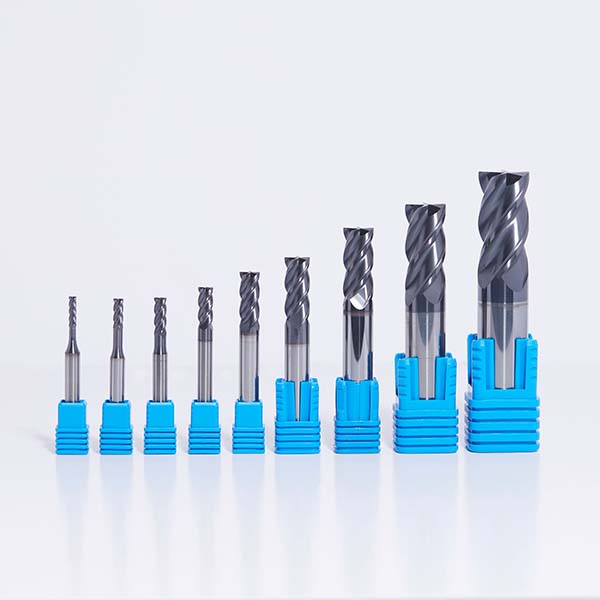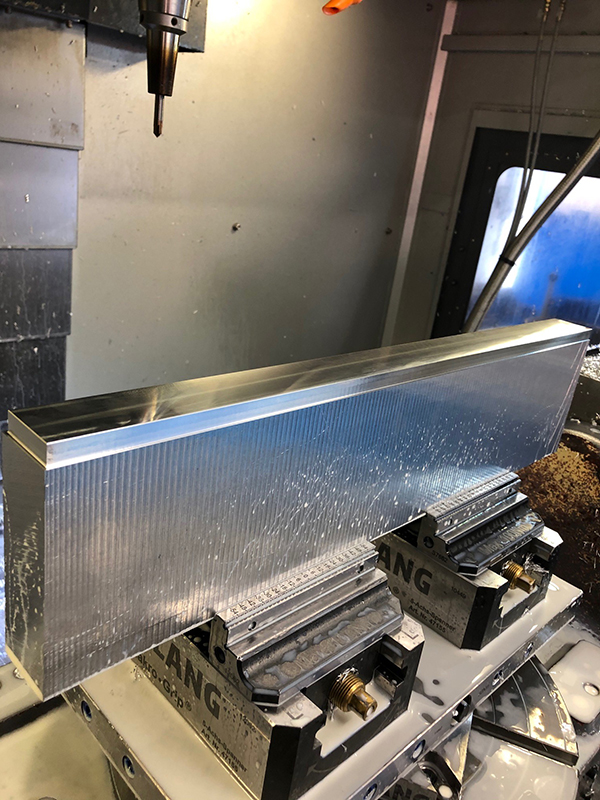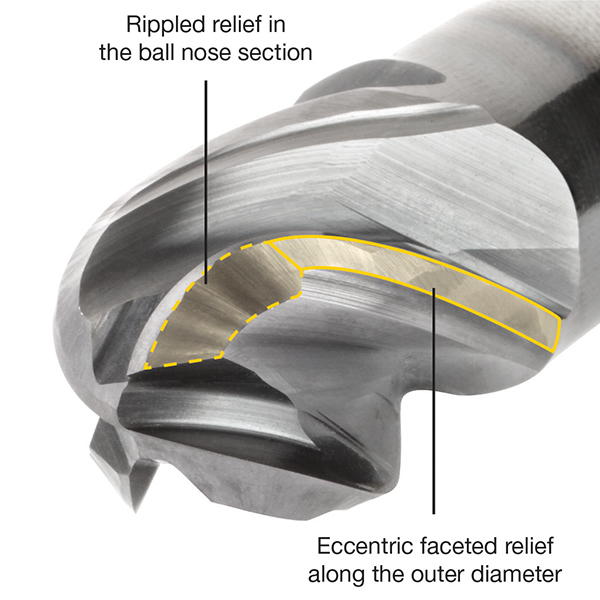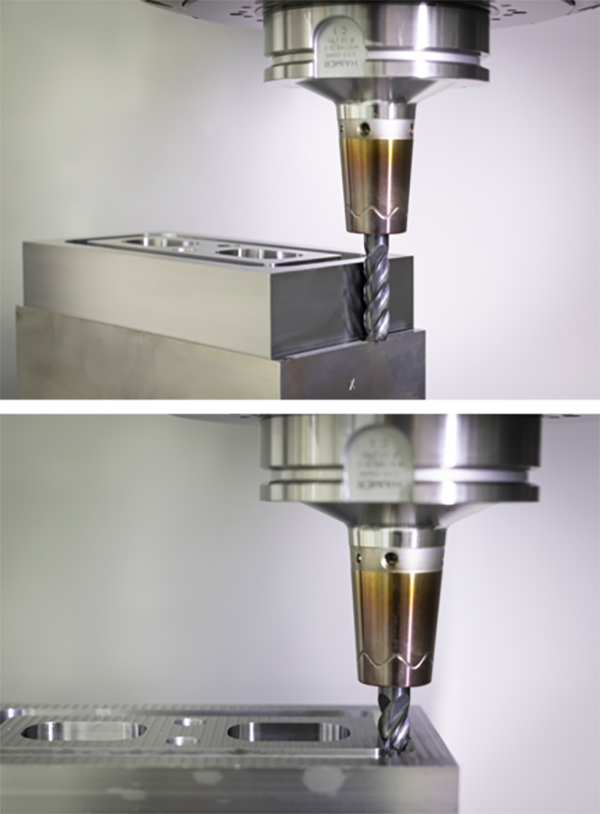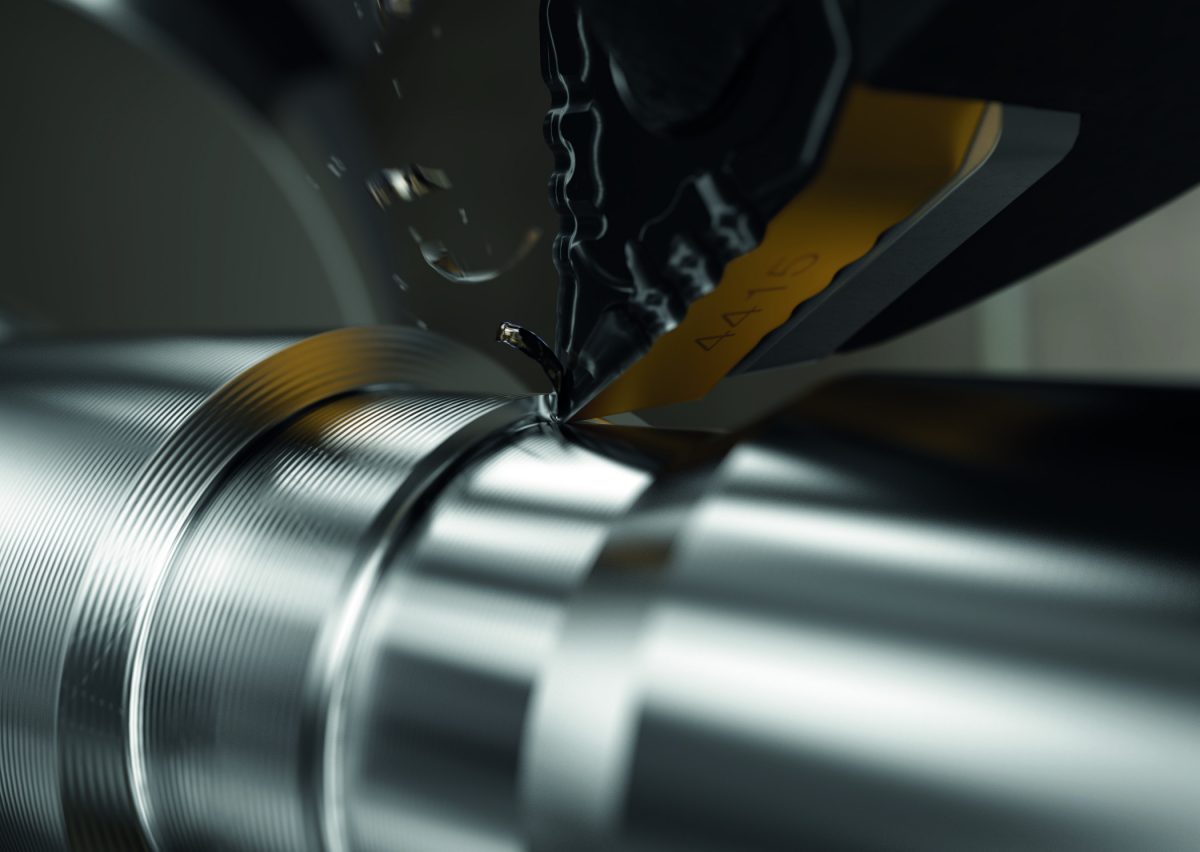
Cutting tools from Quickgrind are now available to purchase on Amazon, in turn making the next-day delivery of standard product lines a certainty.
By using the Amazon platform, customers can order cutting tools as late as 22:00 in most areas with guaranteed next-day UK delivery. Quickgrind says that no cutting-tool manufacturer with an established logistics platform can provide a service that offers such a responsive service. Furthermore, customers can get free one-day delivery on eligible items and take advantage of consolidated shipping and ‘Amazon Day’ events, with predictable and convenient weekly deliveries.
Although bespoke engineered solutions from Quickgrind will continue, the company will introduce a standard series of products through the Amazon logistics platform. This move not only opens Quickgrind up to the whole UK market, but further afield, such as the US, mainland Europe and Australia. Furthermore, it will give Quickgrind exposure to enthusiasts, job shops and small manufacturers.
The Amazon online store is familiar to most households and businesses, and this familiarity reduces the complexity of purchasing for work purposes and can reduce overall procurement time. In short, being able to automate approval processes (all part of Amazon Business) helps limit the administrative burden.
Additionally, customer control and consolidation of spend can be achieved through a single ‘multi-user’ account with built-in features. This capability eradicates what procurement staff call ‘long-tail’ and rogue spending. Customers can track all their orders with ease and transparency.
Leveraging the Amazon Business store produces lower costs with quantity pricing available, alongside reduced shipping costs. For example, customers can spend just £80 for unlimited deliveries per year. This provides manufacturers with the traceability and confidence that staff can order cutting tools for urgent jobs that may come in at short notice.
For further information
www.quickgrind.com






